Table of Contents
Introduction
Edible safflower oil is a popular cooking oil derived from the seeds of the safflower plant. It is known for its mild flavor, versatility, and potential health benefits. In this article, we will provide a comprehensive overview of the nutritional content of edible safflower oil, including a table showcasing its approximate composition per 100 grams. We will also explore the pros and cons, address frequently asked questions, and help you make informed decisions about incorporating it into your diet.
Nutritional Value Approximately 100g
| Nutrient | Amount Per Serving (1 tablespoon) | % Daily Value |
|---|---|---|
| Calories | 120 | 6% |
| Total Fat | 14g | 18% |
| – Saturated Fat | 1g | 5% |
| – Trans Fat | 0g | |
| Monounsaturated Fat | 10g | |
| Polyunsaturated Fat | 2g | |
| Cholesterol | 0mg | 0% |
| Sodium | 0mg | 0% |
| Total Carbohydrates | 0g | 0% |
| – Dietary Fiber | 0g | 0% |
| – Sugars | 0g | |
| Protein | 0g | 0% |
| Vitamin E | 4.6mg | 31% |

Pros
- Heart-Healthy Fats: Edible safflower oil is high in monounsaturated and polyunsaturated fats, which may help reduce bad cholesterol levels and promote heart health.
- Omega-6 Fatty Acids: It is a rich source of omega-6 fatty acids, which play a crucial role in maintaining healthy cell function and supporting overall well-being.
- Versatile Cooking Oil: It has a high smoke point, making it suitable for various cooking methods, including frying, sautéing, and baking.
- Mild Flavor: It has a neutral taste that allows the natural flavors of ingredients to shine through in dishes.
Cons
- Limited Nutritional Content: While it contains healthy fats, it is relatively low in other essential nutrients, such as vitamins and minerals.
- High Calorie Density: Like all fats and oils, it is calorie-dense, so it should be used in moderation to avoid excessive calorie intake.
Frequently Asked Questions (FAQ)
1) Is safflower oil suitable for high-heat cooking?
Yes, it has a high smoke point, making it suitable for high-temperature cooking methods.
2) Does safflower oil contain cholesterol?
No, it is cholesterol-free.
3) Can this oil help with weight loss?
This oil is calorie-dense and should be consumed in moderation as part of a balanced diet to support weight management.
4) Is safflower oil a good source of vitamin E?
Yes, this oil is a rich source of vitamin E, an antioxidant that helps protect cells from oxidative damage.
5) Can safflower oil be used in salad dressings?
Yes, it’s mild flavor makes it a suitable choice for salad dressings and vinaigrettes.
6) Is safflower oil suitable for individuals with nut allergies?
This oil is not derived from nuts and is generally safe for individuals with nut allergies. However, caution should be exercised if there is a specific allergy or sensitivity.
7) Can safflower oil be refrigerated?
It does not require refrigeration but should be stored in a cool, dark place to maintain its quality.
8) Is safflower oil suitable for vegetarian and vegan diets?
Yes, this oil is plant-based and suitable for vegetarian and vegan diets.
9) Can safflower oil be used for skincare?
It is often used in skincare products due to its moisturizing properties and potential benefits for certain skin conditions.
10) Does safflower oil have a long shelf life?
It has a relatively long shelf life and can be stored for several months if properly stored in a cool, dark place.
Conclusion
Edible safflower oil is a versatile cooking oil that offers potential health benefits. It is rich in heart-healthy fats and contains omega-6 fatty acids. However, it should be consumed in moderation due to its high calorie content. Incorporating it into a balanced diet can enhance culinary experiences while providing potential health advantages. As always, consult with a healthcare professional or registered dietitian for personalized advice on incorporating into your diet.

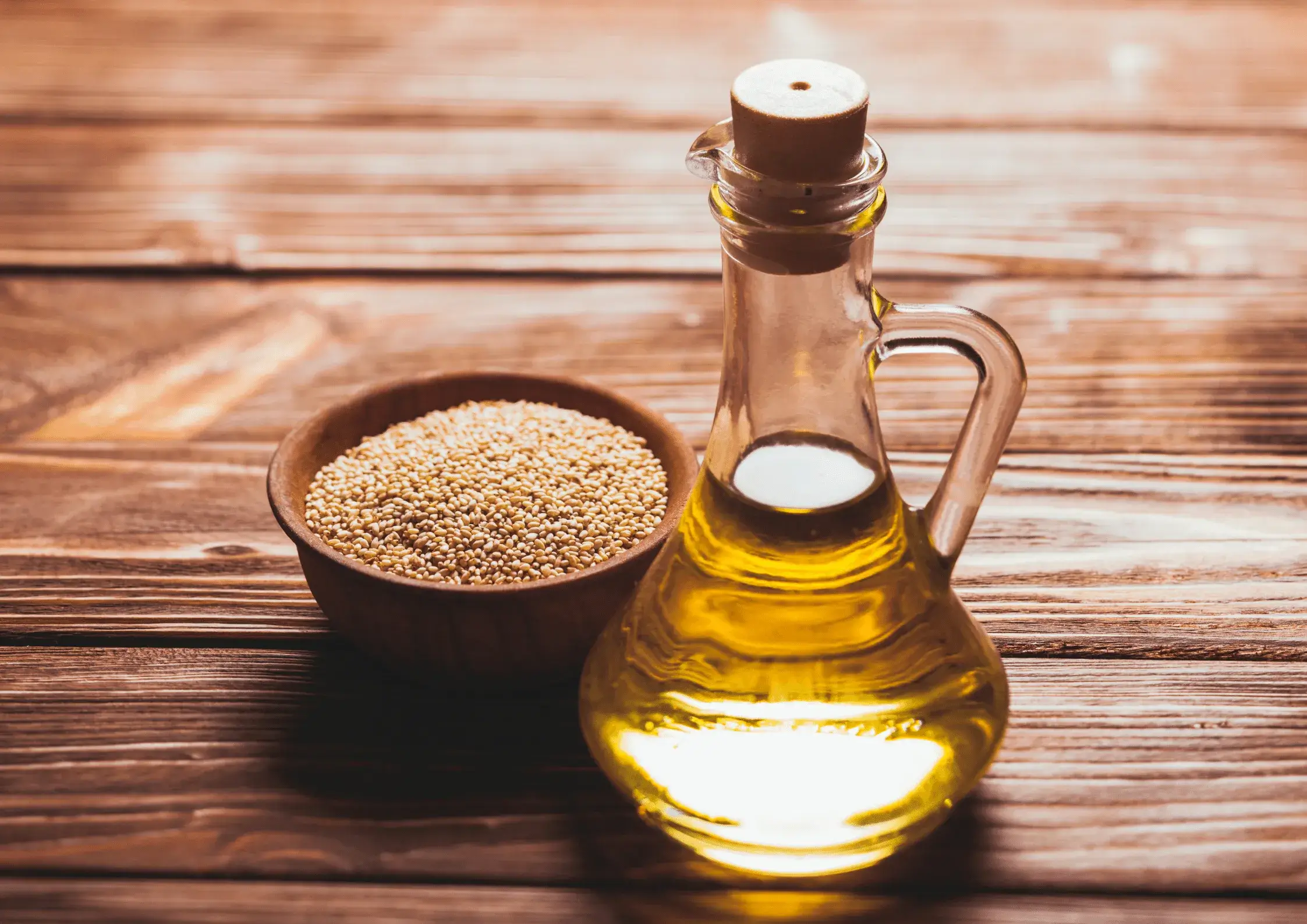
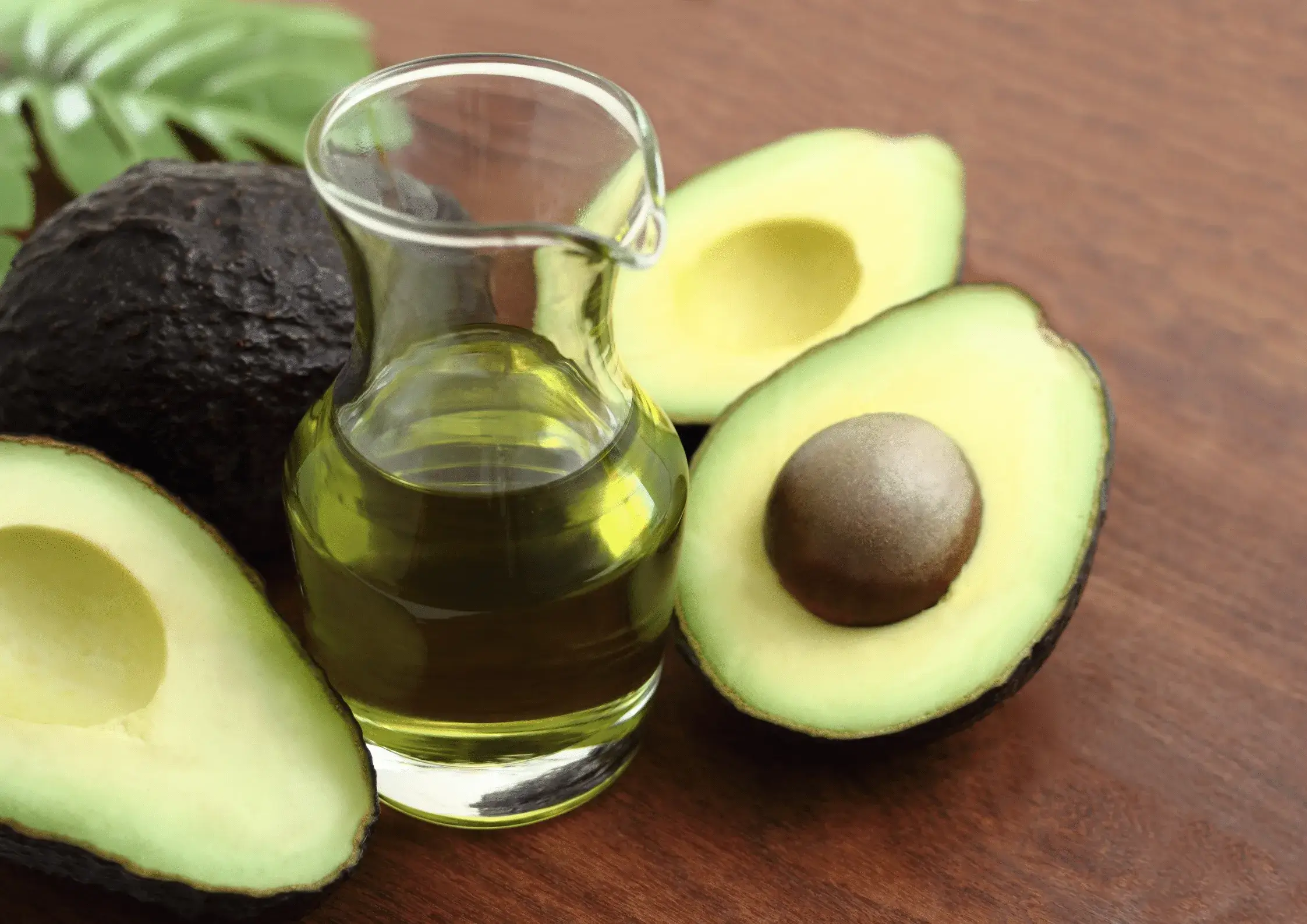

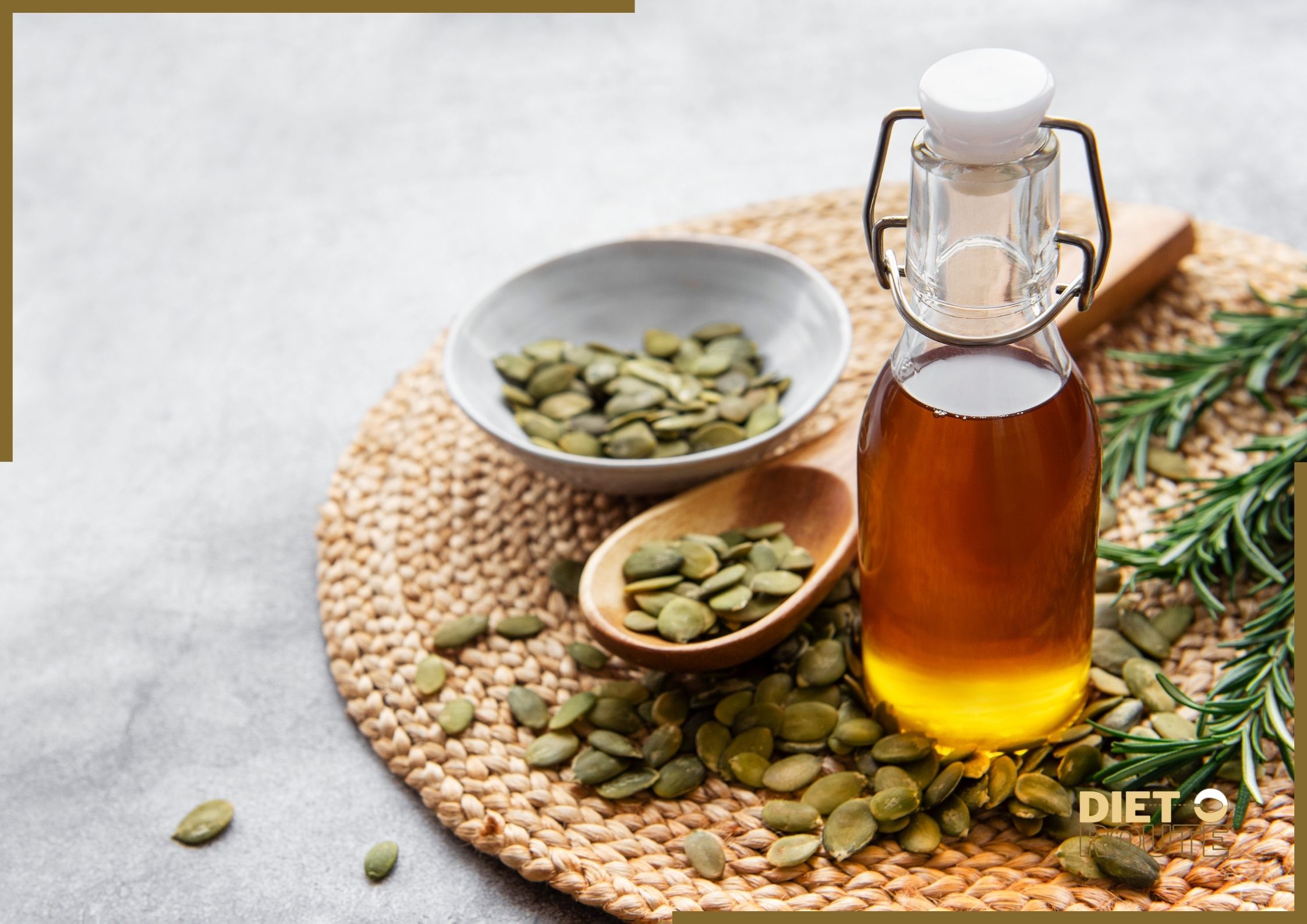

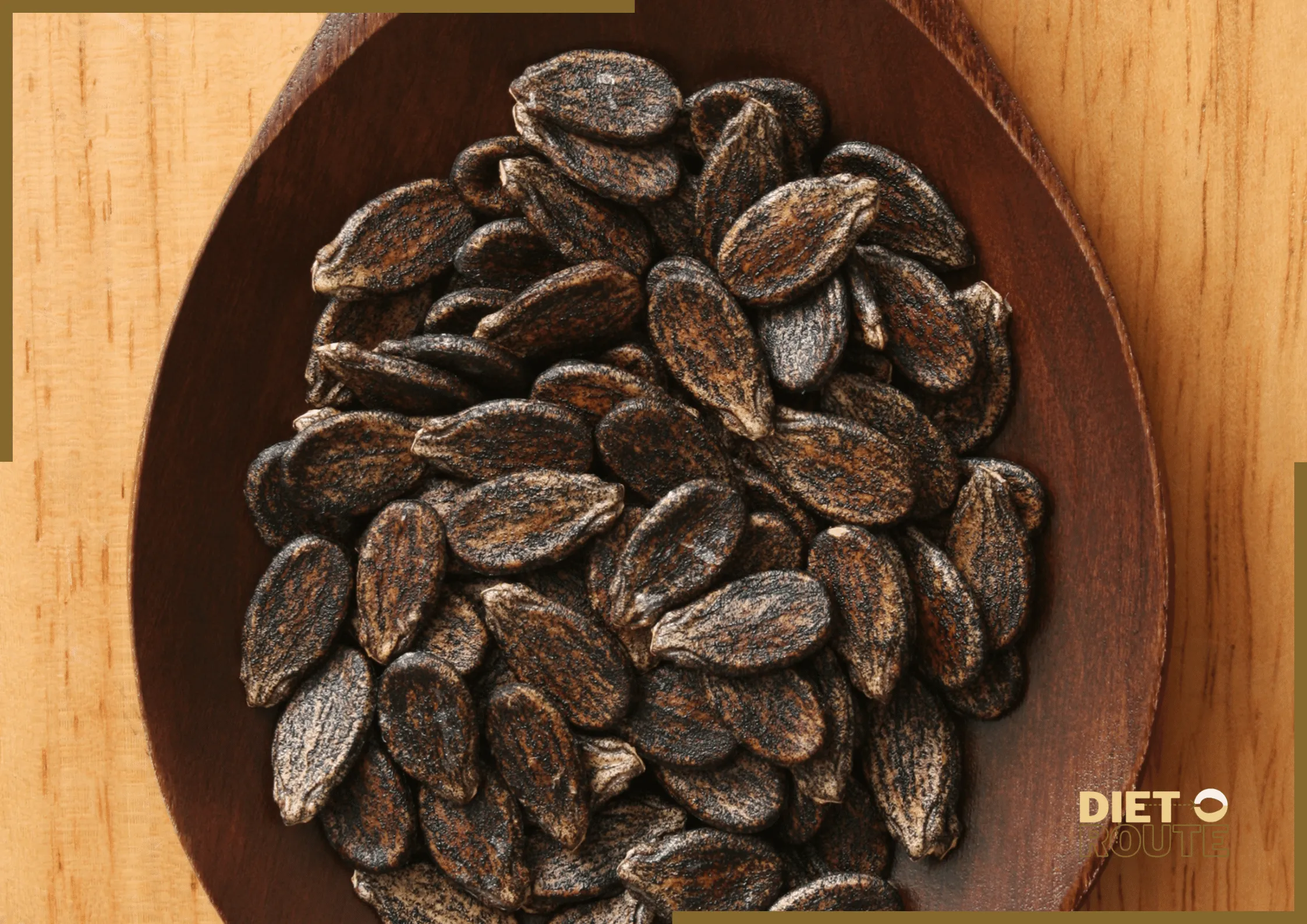
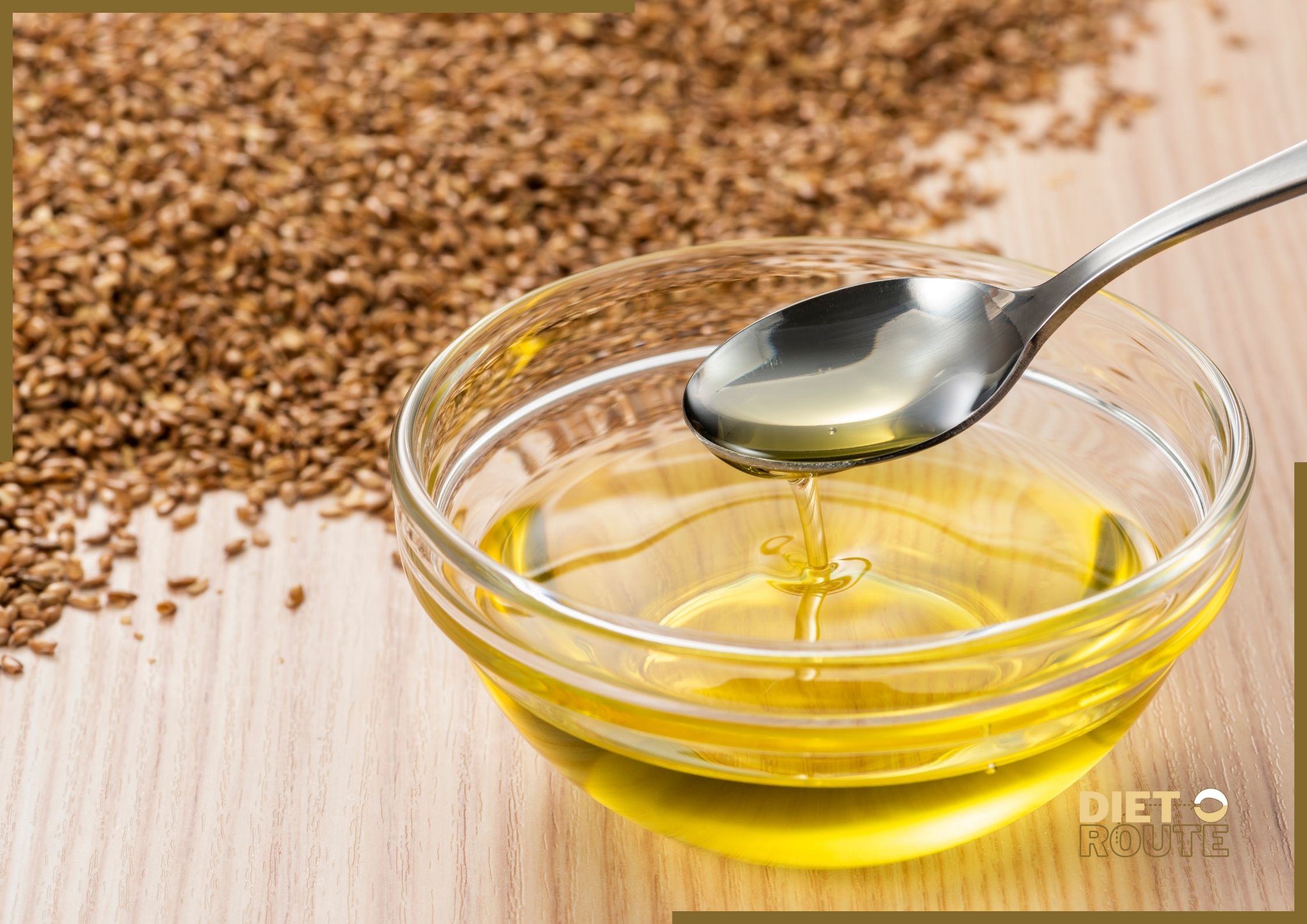

1 comment
Just want to say your article is as amazing. The clearness in your post is
simply cool and i could assume you’re an expert on this subject.
Fine with your permission allow me to grab your RSS feed tto
keep uup to date with forthcoming post. Thanks a million and please carry on the
rewarding work. https://Zeleniymis.com.ua/